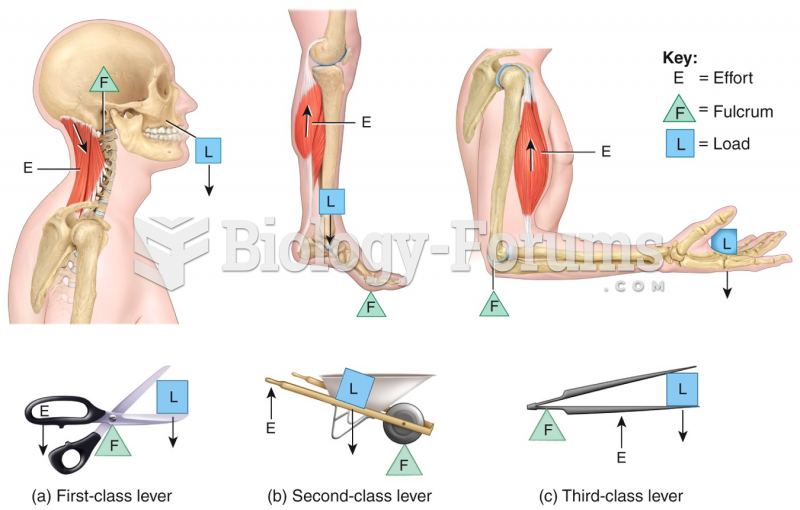Answer to Question 1
Broadly defined, premiums are articles of merchandise or service offered as a form of gift by manufacturers to induce action on the part of the sales force, trade representative, or consumers. Brand managers use several forms of premium offers to motivate desired consumer behaviors:
1 . Free-with-purchase premiums. These are also called free-gift-with-purchase premiums and are provided both by marketers of durable goods and CPG brands. This form of premium typically represents a delayed reward to consumers that is primarily designed to generate trial purchases.
2 . Mail-in offers and online offers. This is a premium in which consumers receive a free item from the sponsoring manufacturer in return for submitting a required number of proofs of purchase. This represents a delayed reward to consumers that is primarily designed to generate trial purchases. However, this type of premium may also stimulate repeat purchasing when requiring more proofs of purchase than can be acquired on a single purchase occasion.
3 . In-, on-, and near-pack premiums. In- and on-pack premiums offer a free item inside or attached to a package or make the package itself the premium item. In general, in- and on-package premiums offer consumers immediate value and thereby encourage increased product consumption from consumers who like or prefer the premium-offering brand. Near-pack premiums provide the retail trade with specially displayed premium pieces that retailers then give to consumers who purchase the promoted product. Near-pack premiums are less expensive because additional packaging is not required. Furthermore, near-pack premiums can build sales volume in stores that put up displays and participate fully.
4 . Self-liquidating offers. These are named for the fact that the consumer mails in a stipulated number of proofs of purchase along with sufficient money to cover the manufacturer's purchasing, handling, and mailing costs of the item, meaning that the actual cost of the premium is paid for by consumers. Attractive offers can serve to enhance a brand's image and also can encourage repeat purchasing by requiring multiple proofs of purchase.
Answer to Question 2
False







